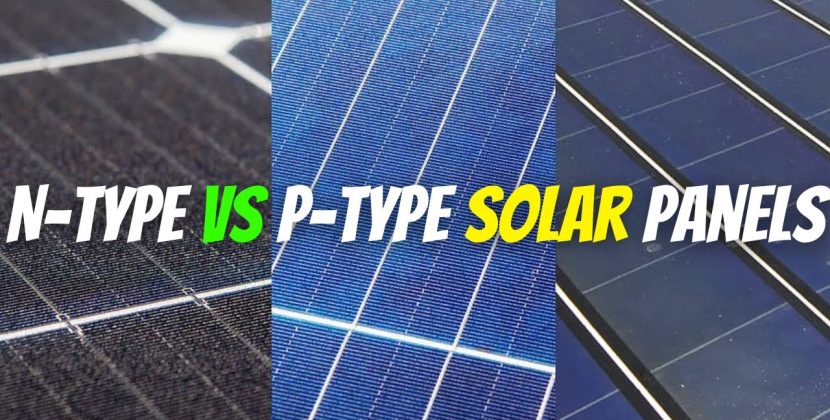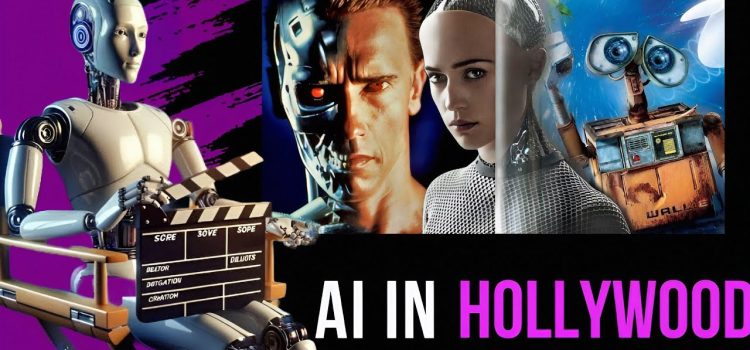
Introduction
The film and entertainment industry has always been at the forefront of technological innovation. From the advent of sound and color to the use of CGI and motion capture, Hollywood has continuously evolved to create more engaging and immersive experiences for audiences worldwide. Today, another revolution is underway: the integration of artificial intelligence (AI) in content creation. This article explores how AI is transforming various aspects of content creation in Hollywood, offering new possibilities and efficiencies that were once unimaginable.
The Rise of AI in Hollywood
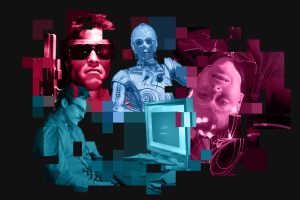
-
Historical Context
AI’s journey into Hollywood isn’t a sudden occurrence; it has been a gradual process marked by significant milestones. Early applications of AI in the entertainment industry were primarily focused on data analytics and recommendation algorithms. Streaming platforms like Netflix and Amazon Prime Video utilized AI to analyze viewer preferences and suggest content, thereby enhancing user engagement.
-
The Turning Point
The real turning point came with advancements in machine learning and deep learning technologies. These developments enabled AI to perform more complex tasks, such as natural language processing, image recognition, and even creative endeavors like scriptwriting and video editing. As these technologies matured, Hollywood began to realize the potential of AI in revolutionizing content creation.
AI in Scriptwriting

-
Automated Script Generation
One of the most intriguing applications of AI in Hollywood is automated script generation. AI algorithms can analyze vast amounts of data from existing scripts, identifying patterns and structures that define successful storytelling. Tools like OpenAI’s GPT-3 have demonstrated the ability to generate coherent and contextually relevant text, making them invaluable for scriptwriters.
-
Enhancing Creativity
While AI can generate scripts, its true potential lies in augmenting human creativity. Scriptwriters can use AI tools to brainstorm ideas, develop characters, and even resolve plot inconsistencies. By automating repetitive tasks, AI allows writers to focus on the more creative aspects of storytelling.
AI in Pre-Production
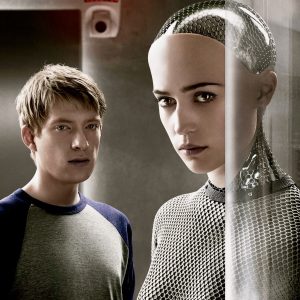
-
Virtual Location Scouting
Location scouting is a crucial yet time-consuming aspect of pre-production. AI-powered tools can analyze scripts and suggest suitable locations based on various parameters like geography, architecture, and even lighting conditions. This not only speeds up the scouting process but also reduces costs.
-
Costume and Set Design
AI algorithms can assist in designing costumes and sets by analyzing historical data and current trends. For instance, AI can suggest costume designs that are historically accurate or align with a particular aesthetic. Similarly, AI can generate set designs that match the director’s vision, thereby streamlining the pre-production phase.
AI in Production

-
Virtual Actors and Digital Doubles
The concept of virtual actors and digital doubles is no longer confined to science fiction. AI technologies like deepfake and motion capture have made it possible to create lifelike digital replicas of actors. These virtual actors can perform stunts, appear in scenes requiring complex special effects, or even replace real actors in certain situations.
-
Real-Time Editing
AI-powered tools can assist in real-time editing during film shoots. For example, AI can analyze footage in real-time, suggesting the best takes and even making preliminary edits. This not only speeds up the editing process but also allows directors to make more informed decisions on set.
AI in Post-Production

-
Visual Effects and CGI
AI has significantly impacted the field of visual effects (VFX) and CGI. Machine learning algorithms can automate various aspects of VFX, such as rotoscoping, color correction, and even the generation of complex visual elements. This reduces the time and effort required for post-production, allowing for more intricate and visually stunning effects.
-
Sound Design and Music Composition
AI is also making waves in sound design and music composition. Tools like Amper Music and AIVA use AI to compose original music scores, while other algorithms can automate sound effects and dialogue editing. This not only enhances the auditory experience but also opens up new creative possibilities for filmmakers.
AI in Marketing and Distribution
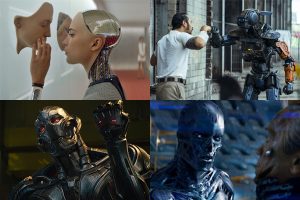
-
Predictive Analytics
AI-powered predictive analytics can forecast box office performance, helping studios make informed decisions about marketing and distribution strategies. By analyzing data from previous releases, social media trends, and audience demographics, AI can provide valuable insights into the potential success of a film.
-
Personalized Marketing
AI can also personalize marketing campaigns based on individual viewer preferences. For instance, AI algorithms can analyze user data to create tailored trailers, ads, and promotional content. This level of personalization increases the likelihood of engaging potential viewers and driving box office sales.
Ethical Considerations
-
Job Displacement
While AI offers numerous benefits, it also raises ethical concerns, particularly regarding job displacement. As AI automates various aspects of content creation, there is a risk that certain roles within the industry may become obsolete. It is crucial for stakeholders to address these concerns and find ways to balance technological advancements with job preservation.
-
Creative Authenticity
Another ethical consideration is the question of creative authenticity. As AI takes on more creative tasks, there is a debate over whether AI-generated content can be considered truly “original.” This raises questions about intellectual property rights and the role of human creativity in the age of AI.
Conclusion
AI is undeniably revolutionizing content creation in Hollywood, offering unprecedented efficiencies and creative possibilities. From scriptwriting and pre-production to production, post-production, and marketing, AI is transforming every aspect of the filmmaking process. However, as we embrace these advancements, it is essential to address the ethical considerations and ensure that the integration of AI benefits all stakeholders in the industry. As Hollywood continues to evolve, one thing is certain: AI will play an increasingly central role in shaping the future of entertainment.


